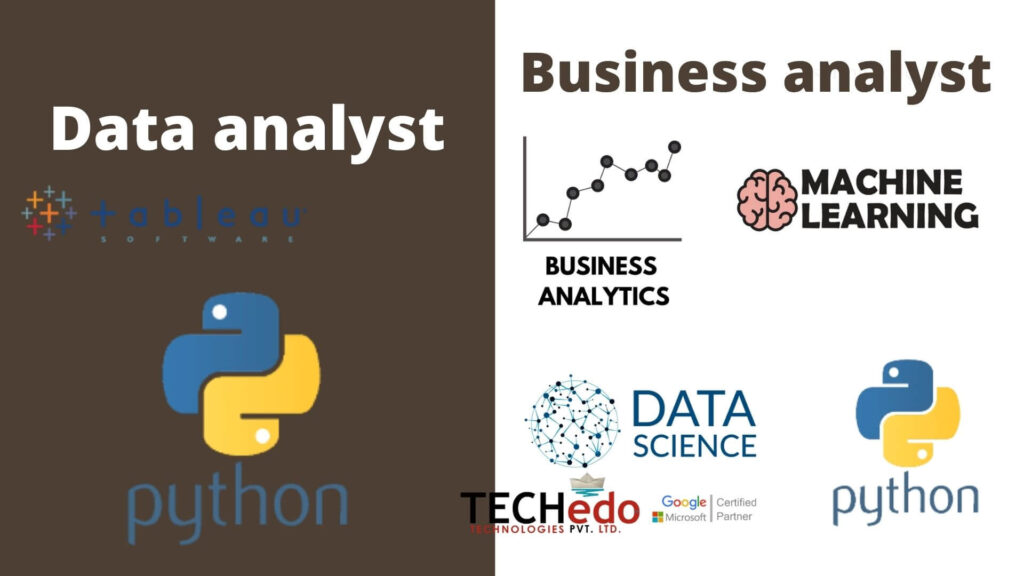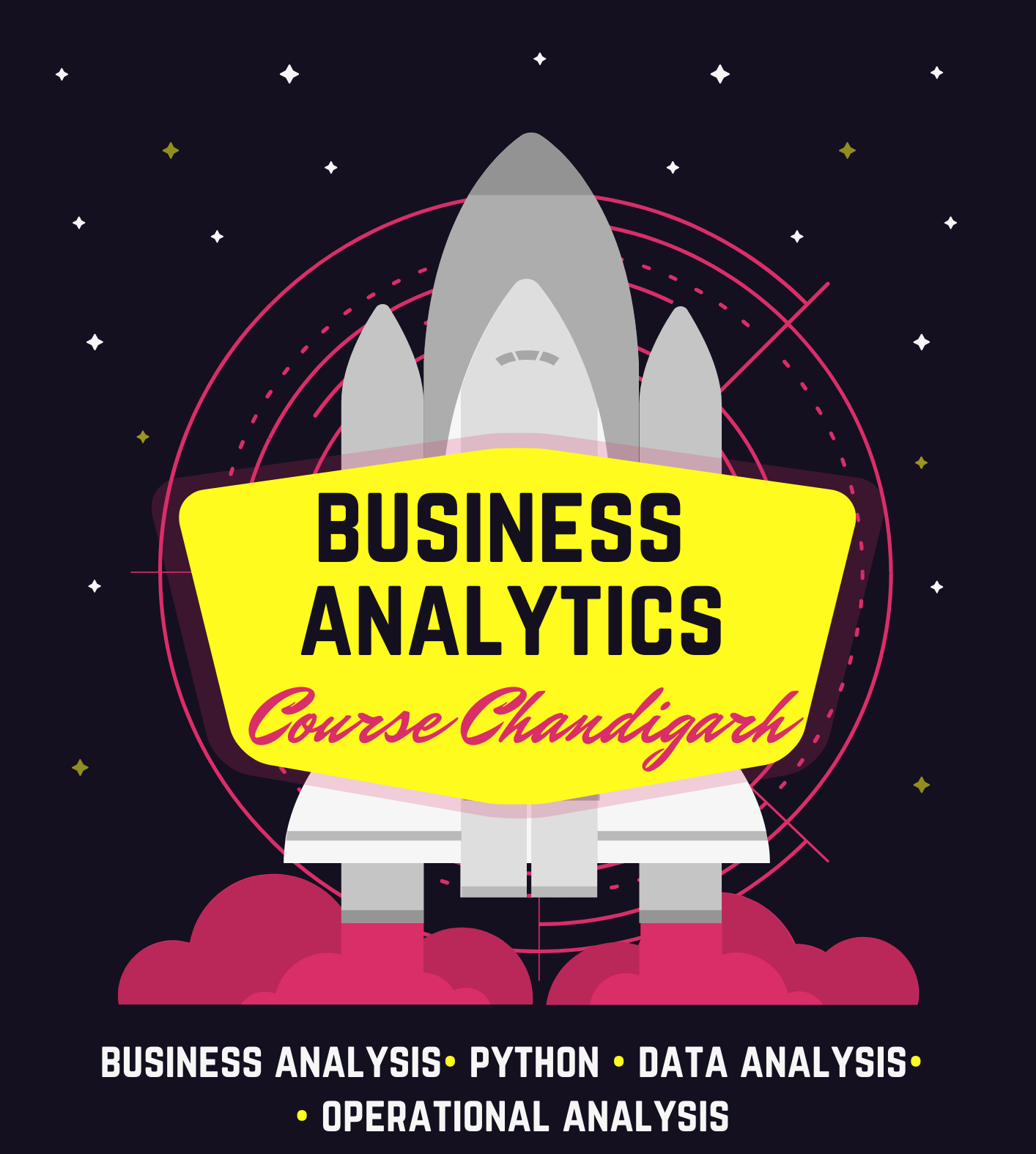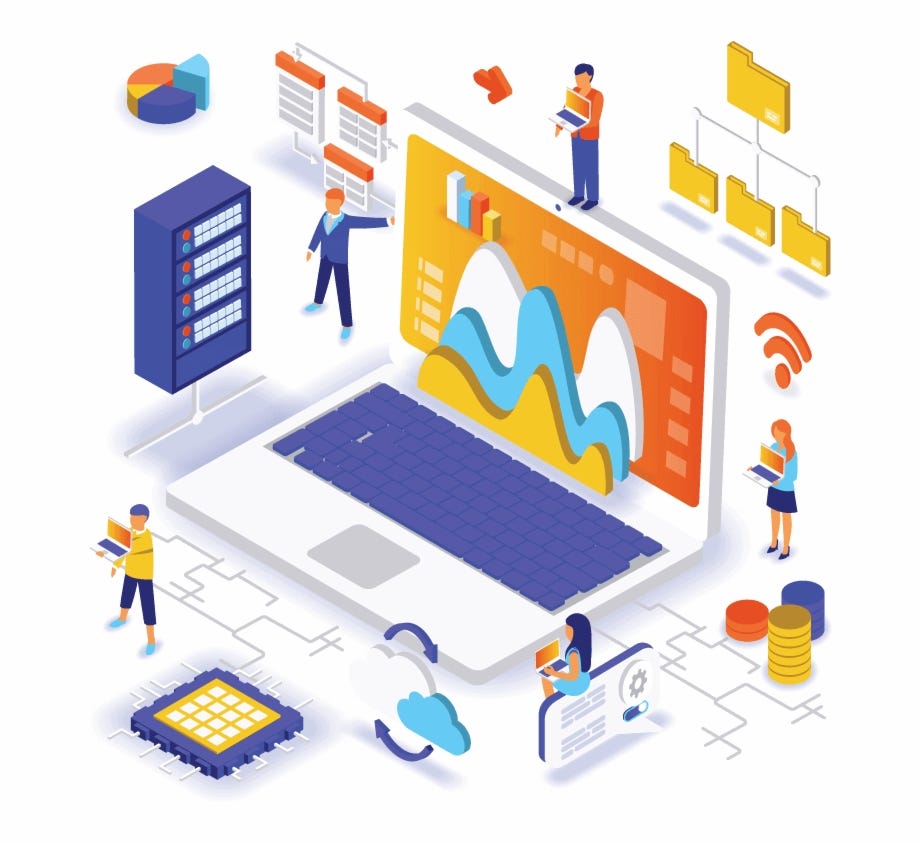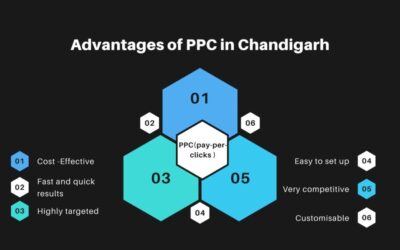The science of analyzing data, facts, and figures has been around for a while now. However, the terms Business Analyst and Data Analyst are often used. In smaller organizations, a business analyst is a broad title for work that involves data or systems analysis. In larger companies, the roles sometimes fade in the sense that analysts in both groups work with data, but what the analysts do with that data is entirely different. Their skillset and the job environment are also different.

Table of Contents
Working as a Business Analyst.
They enable change in an enterprise by defining needs and propose solutions that bring value to partners. Business analyst Luka Skracic has put it this way: “When a business needs to solve a current or future problem, it’s a business analyst’s job to help facilitate a solution.”
So, what do they do all day? Skaric goes on to say that “one of the reasons it’s so difficult to explain exactly what a business analyst does is because we never perform just the one task.” He lists a few of the things business analysts might do:
- Analyze business needs
- Define a business case
- Elicit information from stakeholders
- Model requirements
- Validate solutions
- Project management
- Project development
- Quality testing

A business analyst reviews data talks to co-workers about technological challenges and finds ways to address those challenges. They work closely with IT teams. In general, they work more conjunctly than data analysts.
What does a Data Analyst do?

The main task of data analysts is to collect, manipulate and analyze data. They prepare reports, which may be in the form of graphs, charts, and histograms, detailing the significant results. What sets a data scientist distant is strong business awareness and the level of influence it has on the structure of the company. Good data scientists will not just address business problems; they will pick the right problems whose solutions will add the most value to the growth of the company. In many ways, data analysts are more qualified to deal with the problems because they have various skills to act on things that are off the grid for the business analyst – they know the algorithms and the engineering of a database.
Data analysts turn numbers into stories. They spend the most time looking at data and creating reports that show perception in the data. They tend to work more safely than their business analyst peer.
On any given day, a data analyst might:
- Do data entry.
- Clean data.
- Produce and maintain control panel for different departments.
- Create both internal and customer oriented reports.
Comparison of their role.
Business or data analysts both work with data. The difference is what they do with it. Business analysts use data to plan business decisions. Data analysts collect data, work on it, find useful information, and transform data into an understandable form. Analyzing data is their main goal.
If you are deciding between these two career paths, it is equally important to understand how they differ.
- A Business analyst uses data to find problems and solutions but doesn’t get deep into the technical analysis. They work at defining plans and communicating and are concerned with the business advice of data. A Data analyst, on the other hand, spend most of their time collecting rough data from sources, modifying it, and applying a range of go-in techniques to get the information and get a conclusions.
- Business analysts have industrial experience in areas like e-commerce, manufacturing, or healthcare. People in this role do need a knowledge of statistical tools, basic programming languages, networks, and databases.
- Business analysts should be skilled in designing, whereas data analysts need strong business intelligence and data extracting skills, along with machine learning and AI.
- Analysts from management, business, IT, computer science, or related fields can join. On the other hand, math or IT background is for data analysts, who understand statistics, algorithms, and databases.
Business or Data Analyst(What to choose?)
They both have much in common but differ in four main ways.
- Overall responsibilities. Business analysts give the practical work that informs IT system design. Data analysts draw meaning from the data, create and collect.
- Salary. Data analysts earn an average salary of $70,246. Business analysts earn a little higher salary of $75,575.
- Skillsets. Business analysts need to know about data science as well as communication and management. Data analysts also need similar skills within a deep focus on technical data shaping.
- User interaction. Business analysts directly interact with system developers, they interview people to know about how technology can be improved to help business schemes. They collaborate with other projects. Although data analysts do get into internal subject matters to get important data sets, their work is done independently.

Job difference of the two:
It is important for us to make a distinction between the job description of a data analyst and a business analyst. They differ in that a business analyst analyses data and assesses needs from a business view related to an organization’s system. On the other hand, a data analyst is more focused on the relationship of the data in an organization’s database. They use their skill to compare data to contenders in the industry. They perform statistical analysis on data and provide insights based on that analysis. Both data, as well as business analysts, must be problem solvers. The skill of a business analyst includes expertise in the performance of the software. A business analyst is a key between the IT staff and the rest of the working community.
Overview:
Both business analytics and data analytics work and operates data and use that formatted information to upgrade business performance. Business or a data analyst what you wanna be is your choice.
Business analytics focuses on the larger bata business and the actions came out, whether a company should develop a new product line or focus over one project over another. The term business analytics refers to the blend of skills, tools, and applications that let businesses grow and improve the core of business functions such as marketing, customer service, sales, or IT.
Data analytics combines huge datasets to get patterns and trends, draw conclusions to theory, and support business decisions with data-based insights. The practice of data analytics includes various techniques and is also frequently referred to as data science, data mining, and big data analytics.




0 Comments